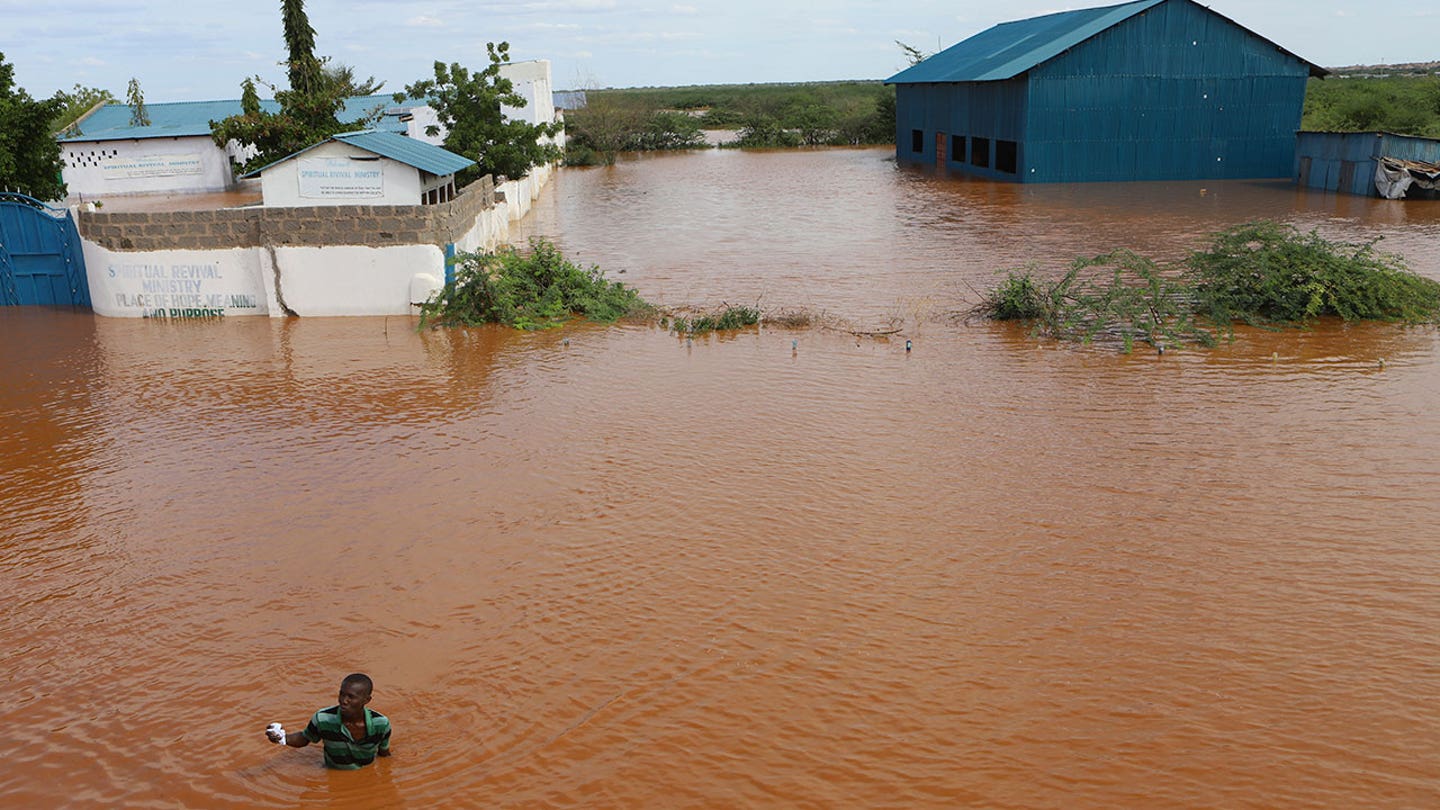The World Food Programme (WFP) has issued an urgent appeal for $409 million to assist 4.8 million people in Malawi, Zambia, and Zimbabwe, where El Niño-related extreme weather has devastated crops and livelihoods.

El Niño, a natural and temporary warming of part of the Pacific Ocean, has disrupted global weather patterns, causing a surge in hunger in several countries, including Zambia and Afghanistan. The World Food Programme (WFP) has warned that southern Africa is at the epicenter of the crisis, with three countries – Malawi, Zimbabwe, and Zambia – facing severe food shortages.
Drought and floods have ravaged southern Africa over the past three years, wiping out up to 80% of staple corn crops. In Zambia, executive director of the WFP, Cindy McCain, witnessed firsthand the devastating impact of the drought, which has left 70% of the population reliant on agriculture for survival.

"We can't ask millions to wait for the next harvest season — a year from now — to put food on their tables," McCain said. "These families need our support today while we help to build a more resilient future."
WFP has initiated a response, but urgently requires $409 million to assist 4.8 million people in Malawi, Zambia, and Zimbabwe over the next six months.
Other countries, including Congo and Afghanistan, are also experiencing similar challenges due to changing weather conditions. Devastated crops, livestock deaths, and displaced populations have led to a surge in hunger, straining the agency's aid capacity.
The call for aid comes amidst ongoing humanitarian crises in Gaza and Sudan. The Southern African Development Community (SADC) has also appealed for $5.5 billion to assist over 61 million people affected by extreme weather.
El Niño's impact extends beyond food insecurity. The drought has hindered hydroelectric power generation in countries like Zambia, contributing to electricity shortages.
Scientists attribute the increased intensity of tropical cyclones in the southern African region to human-caused climate change. While Africa contributes minimally to global emissions, it is disproportionately impacted by the consequences, particularly in poorer countries that lack adequate resources to cope.
Even before the recent extreme weather events, food insecurity and malnutrition were prevalent in Malawi, Zimbabwe, and Zambia. Humanitarian assistance has been hampered by funding shortages.
The United Nations humanitarian agency estimates that half of Zimbabwe's population requires urgent assistance due to the drought. In East Africa, the Action Against Hunger organization warns that a hunger crisis may be imminent in Kenya, where floods have displaced over 250,000 people.
The WFP emphasizes the critical need for immediate aid to prevent widespread suffering and build resilience against future shocks.










